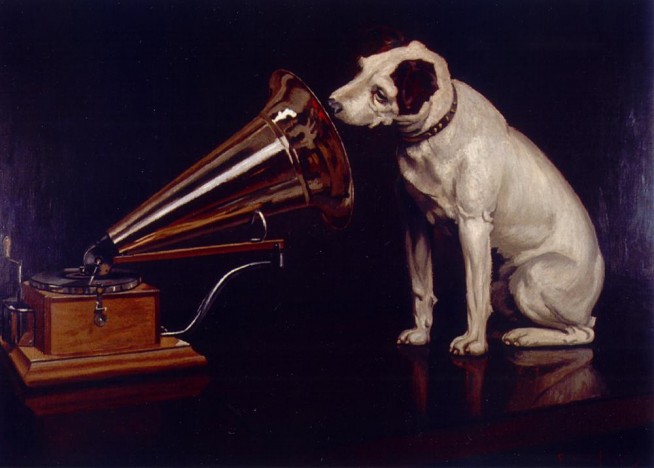I’m a big fan of Elizabeth Bernstein‘s work in the Wall Street Journal, and she wrote an interesting piece, How Well Are You Listening? We’re naturally bad listeners, even with loved ones; steps to avoid burn-out.
Here are some of the key steps she outlines, for being a better listener:
1. Look for hints that a person wants to talk — and signal your willingness to listen. My husband rarely wants to “talk,” but when he does, I put my book down flat in my lap, to show that I’m paying close attention (and to prevent myself from sneaking a look at the page).
2. Let the other person explain what’s on his or her mind. Acknowledge the reality of someone else’s feelings. For me, this is a key step. When I started to acknowledge the reality of other people’s feelings, especially the negative feelings of my children, I saw a major improvement in communication. I remind myself: don’t deny feelings like anger, irritation, fear, or reluctance; instead, articulate the other person’s point of view. “You don’t feel like going.” “You’re bored.” “Usually, you enjoy this, but right now you’re not in the mood.” This is harder than it sounds.
3. Encourage the person to elaborate by asking about open-ended questions, making listening noises (turns out these are called “minimal encouragers”), sitting in a way that shows attentiveness, making eye contact.
4. Paraphrase what someone said, to show that you’ve understood his or her point.
5. Ask questions and listen to try to help work on a possible solution — but don’t rush to fix things.
When it comes to the issue of listening well, the best book I’ve ever read on the subject is framed as a parenting book, but the advice it contains applies equally well to adults. I love this book: Faber and Mazlish’s How To Talk So Kids Will Listen & Listen So Kids Will Talk. I’ve read it several times.
But speaking of books, here’s a mistake I find myself making over and over: when someone’s trying to explain some problem to me, I respond by making suggestions of books for that person to read.
Practically everything in life reminds me of something I’ve read. @gretchenrubin
(Click to Tweet!)
And when people are in a difficult situation, I’m often flooded with thoughts about relevant passages I’ve read, or books that might be useful.
For instance, a friend just told me about her divorce, and I kept saying things like, “You should read Crazy Time, several people have told me what a great book that is when you’re getting a divorce.” Another friend was going through a truly staggering series of tragedies, and I couldn’t help sending her quotations that seemed relevant.
On the one hand, I’m sure my friends know that this is my idiosyncratic way of showing love, and trying to be helpful, but on the other hand, I know I should be quiet and listen, and not keep saying “Read this, read that!” Next time, I will hold myself back. I vow.
Have you found any strategies that have helped you be a better listener?
Gretchen Rubin is the author of the #1 New York Times Bestseller The Happiness Project—an account of the year she spent test-driving the wisdom of the ages, current scientific studies, and lessons from popular culture about how to be happier—and the recently released Happier at Home. On her popular blog, The Happiness Project, she reports on her daily adventures in the pursuit of happiness. For more doses of happiness and other happenings, follow Gretchen on Facebook and Twitter.
I’ve posted my U.S. book tour, and I hope to see many of you along the way. Tour cities include Los Angeles, San Diego, Plano, Denver, San Francisco, Princeton, Wellesley, Madison, Philadelphia, and Washington, D.C. And of course New York City. Please come! Tell your friends! Soon to come: tour events in Canada, the U.K., and Australia.
Image courtesy of Beverly.












